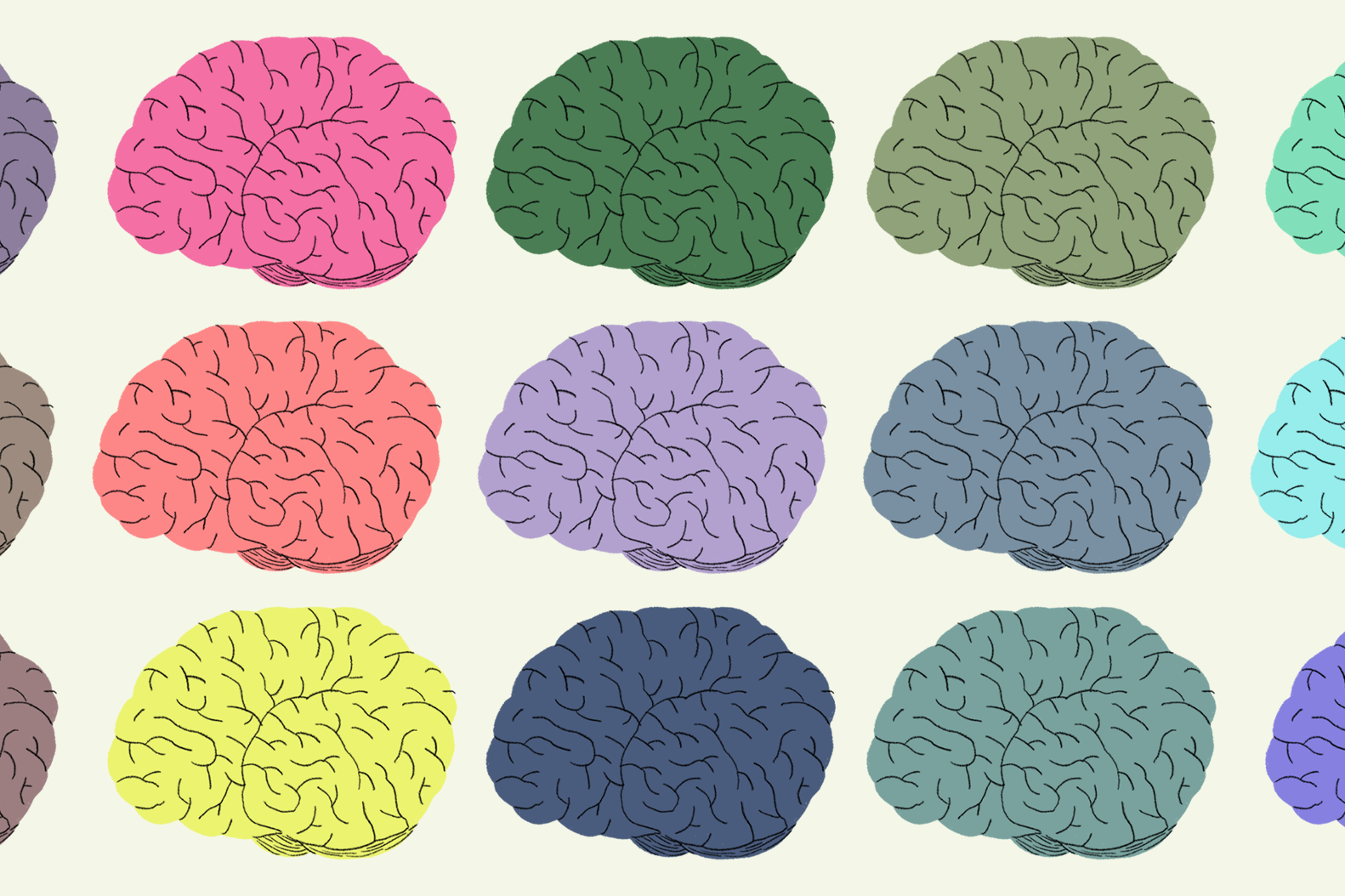I had a normal childhood growing up, I never had to worry about serious issues like finances or abuse. Life was mostly good.
Unfortunately, I fell victim to bullying at the hands of my peers in kindergarten. The worst instance I could remember was being beaten on the school bus by a girl who was younger than me.
I never knew how to defend myself, physically or verbally, so I just accepted the things that happened to me.
Now you might be thinking, “That can’t be true, kids that age don’t do that to other kids.” Well, you know what? I thought that too.
After all, how could such young minds be capable of bullying?
As a result of that train of thought, I began to wonder if I was actually bullied or if my imaginative mind was just conjuring up these stories for the sake of attention. For a while, I believed it was my imagination.
By the time I was in secondary school, I experienced a huge drop in my self-esteem.
Later on in life, I learned that negative events in one’s childhood could negatively affect them when they grow up.
I found this to be true. Growing up, I was told that my problems were nothing and that I didn’t know hardship. The punishments I received were excessive compared to the mistakes I had made.
It seemed as though there was more focus on the punishment rather than actually teaching me a lesson.
As a result of all this, I’d conditioned myself to believe that my problems weren’t worth the time of day. They weren’t “bad” enough to complain or rant about. So I kept them all bottled up and faced my demons on my own.
It was tough, and it led to me taking my pain out on myself. I felt self-hatred and pathetic and weak. Like, why couldn’t I just suck it up? Why did God make me like this? Why didn’t He stop any of it?
A CHANGE IN PERSPECTIVE
At the end of 2017, after my O Levels, I had the opportunity to take part in TRACKERS, a three-month discipleship programme.
During one of their activities, we had to write a letter directed to a person who had hurt us the most. They explained that the hurt that we received from our family or childhood may unintentionally be translated into the way we view God.
For instance, if we have experienced instability and coldness in our childhood, we might even come to view God as an erratic, cold-hearted being that takes pleasure in our suffering.
While being bullied shaped a part of my character and identity, there were also other things that caused me to think God was cold.
Like, when I heard about other people’s suffering and trauma, or all the times I thought my world would end because I couldn’t measure up to the standards.
I thought that God was cold for allowing this to happen, and I thought that God wouldn’t want me in heaven for who I was.
However that couldn’t be further from the truth. While the people around us oftentimes fail to love us, God’s love is perfect.
Likewise, God is always loving, though His people don’t always reflect His love.
The activity was therapeutic and it allowed me to acknowledge my pain, both physical and emotional. It helped me to explain and understand myself, why I had low self-esteem, why I constantly doubted myself.
Yet, years of pain don’t go away just like that. It takes a lot of time and effort to heal and learn how to cope.
For instance, I still struggle to validate my pain and experiences, though I’m slowly starting to acknowledge that these things happened and that they are not just figments of my imagination.
If like me, you’ve been hurt before and need healing, the first step is to acknowledge that you were hurt and recognise what hurt you. This process can be really difficult, but it’s necessary.
Surround yourself with people who constantly remind you of God’s love. And know that God loves you.
When I first opened up about it to my cell group in my previous church, there was a part of me that was afraid of judgement and condemnation.
However what I received was the complete opposite. They showed me nothing but support and love, saying that they wished they’d noticed sooner.
I could recognise that this was what God’s love was like, gentle and kind. It matched what the Bible said about God’s love, at least.
And the more I opened up about my struggles, the more love I received from the people around me.
I’m still learning and growing and facing new struggles everyday, but as I journey through life, I’m learning how to live with Christ as my Saviour and Heavenly Father who loves me.
- Have you ever encountered bullying?
- What does the Bible say about how we should treat one another?
- Do you know someone who is being bullied? What is one way you can encourage him or her?









